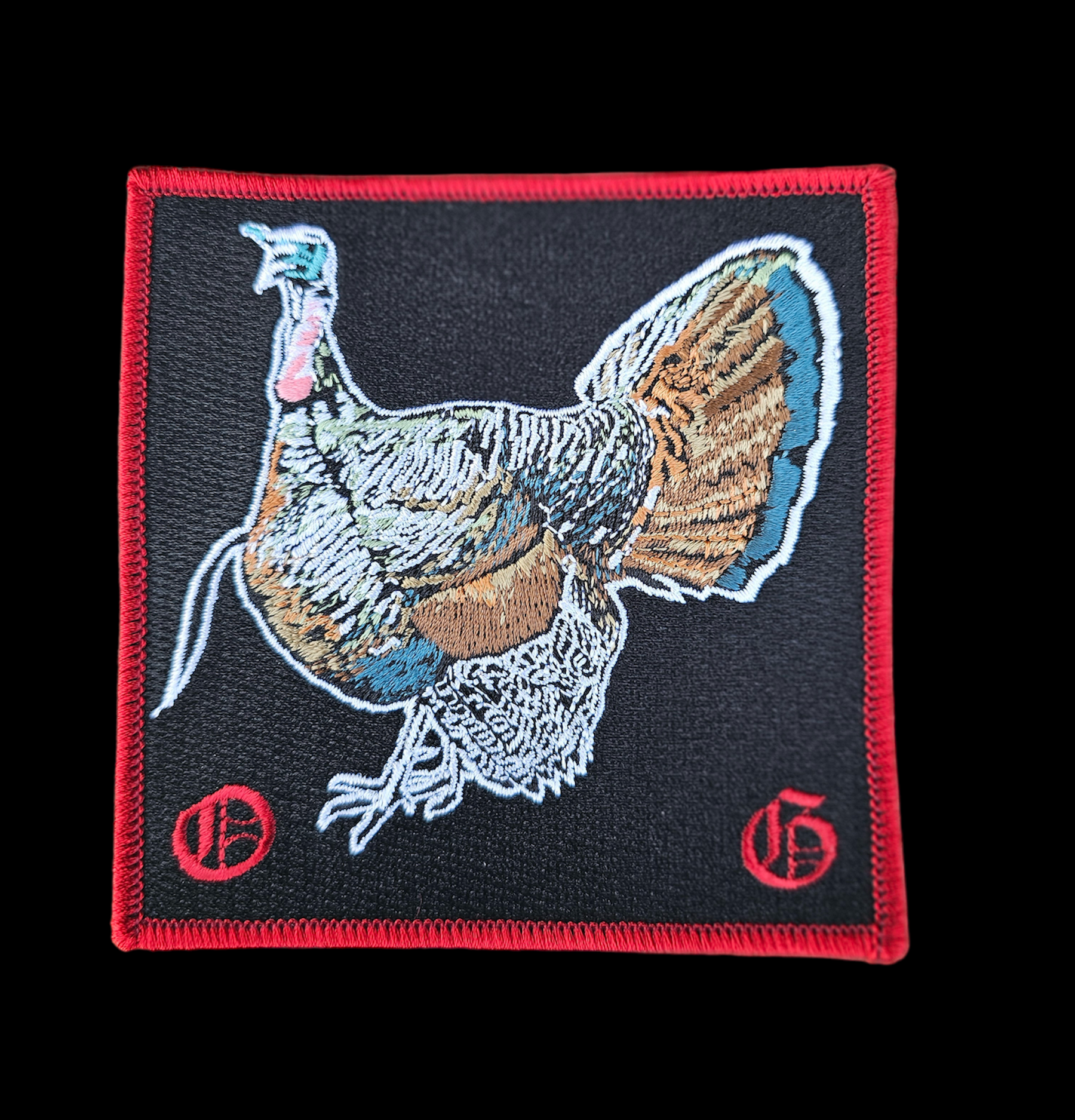       |
Where should I invest my practice time and energyStarted by Brillo, January 19, 2023, 08:12:33 PM Previous topic - Next topic
User actions
|
       |
Where should I invest my practice time and energyStarted by Brillo, January 19, 2023, 08:12:33 PM Previous topic - Next topic
User actions
|